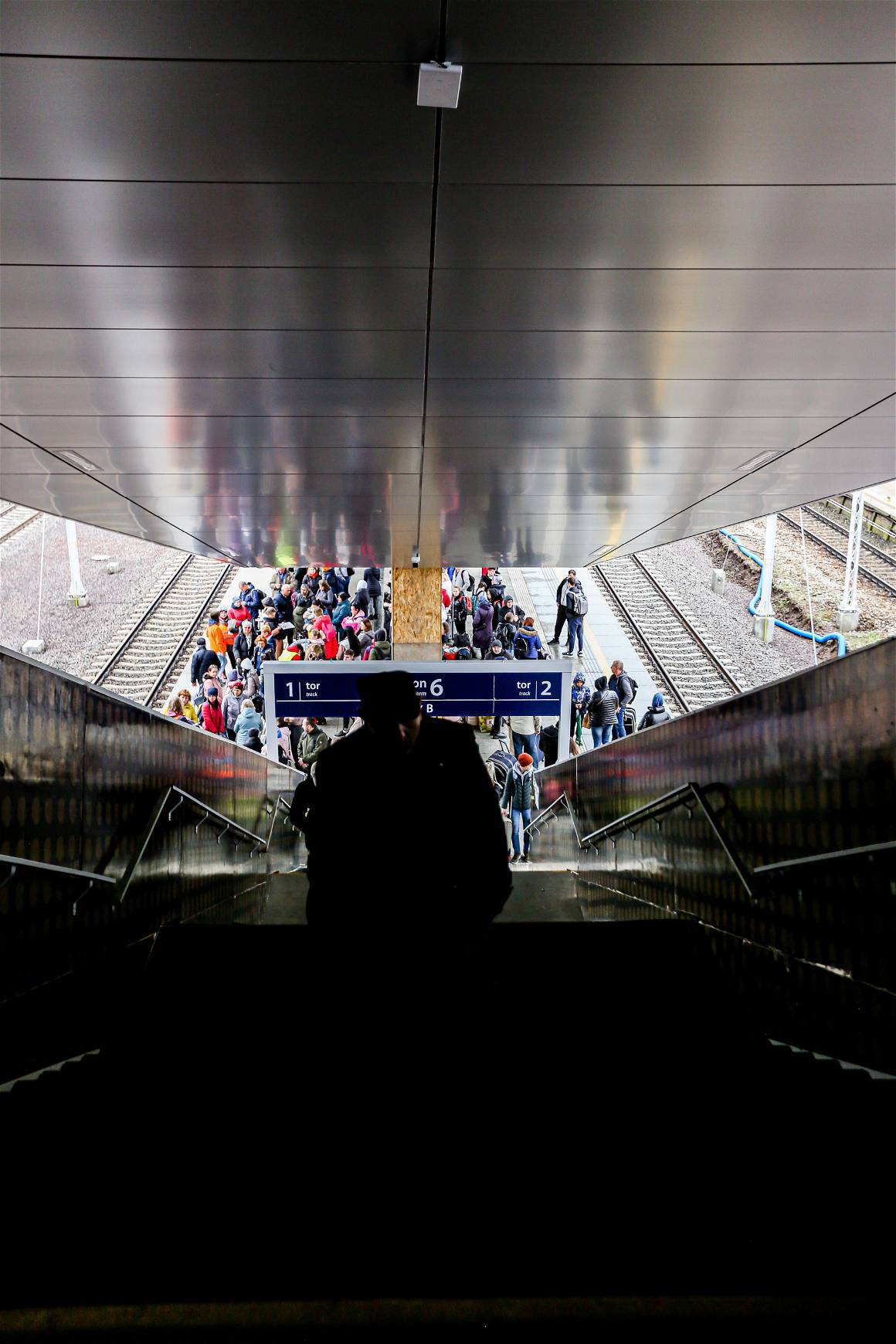Berlin’s first official pride month is underway, but how are recent Russian policies and issues for refugees effecting LGBTQI people in Berlin and abroad?
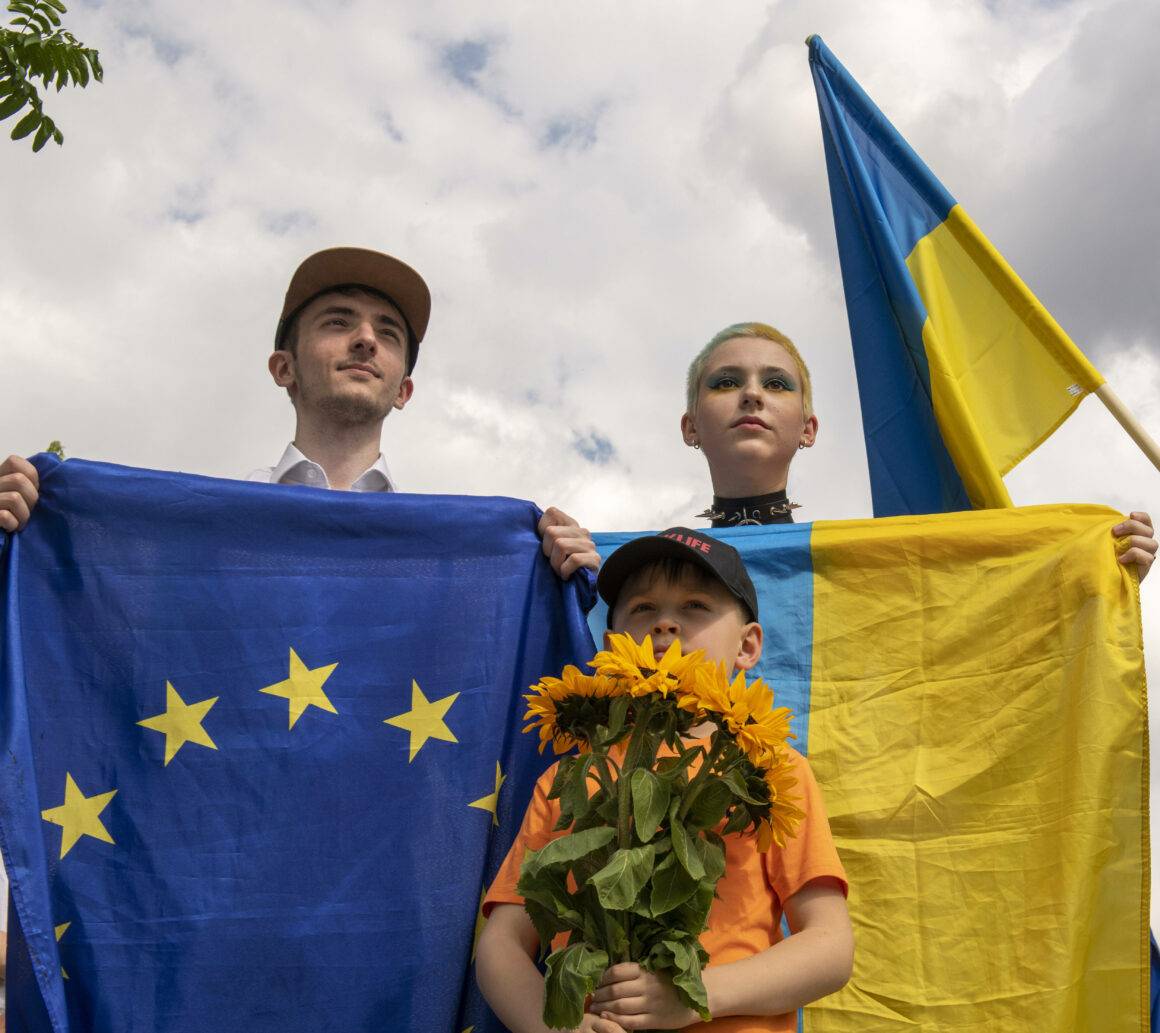
Queer Russian Berliners and LGBTQI Refugees.
“My parents don’t know about me, but I constantly hear threats that I will suffer if it turns out that I am gay.” Said a twenty-two-year-old Russian man. “I am used to hearing jokes and insults about the community.”
This chilling excerpt comes from a 2021 report on the situation for LGBTQI people in the Russian city of St. Petersburg. It was produced by the organisation Coming Out, who aim to make the lives of LGBTQI Russians and the relatives more comfortable through actions like free psychological and legal counsel.
According to Svetlana Shaytanova of Quarteera -an organisation of Russian-speaking queer people living in Germany – LGBTQI Russians began emigrating to Germany in larger numbers following the anti-propaganda legislation passed in 2013. “After the introduction of the anti-propaganda law in Russia there was the first wave of refugees coming from Russia. At this time Quarteera was quite a young organisation, a small organisation, and it was the first time Quarteera had to dip into this field and help refugees.”
Although Quarteera helped Russian-speaking people with the process of resettling in Germany, Shaytanova explained there is no guarantee of asylum. “The chances to get asylum are very slim, so we advise them to find other ways. To find a job, to enrol in university.”
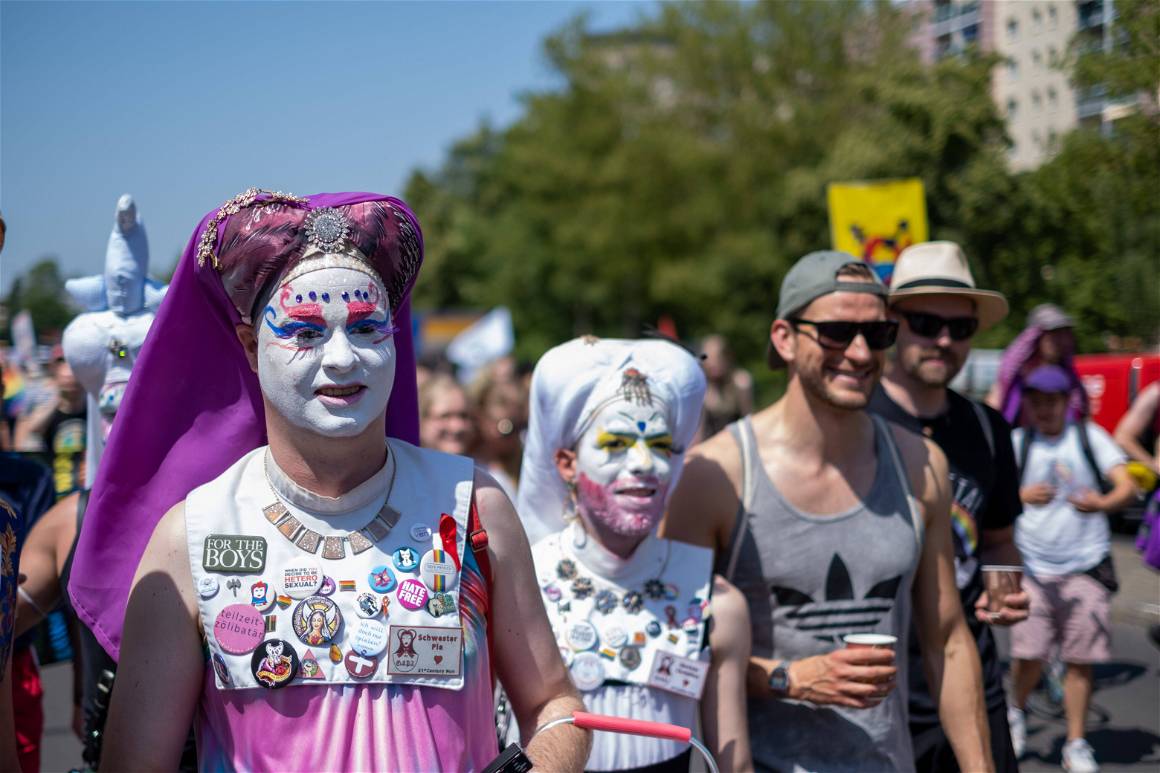
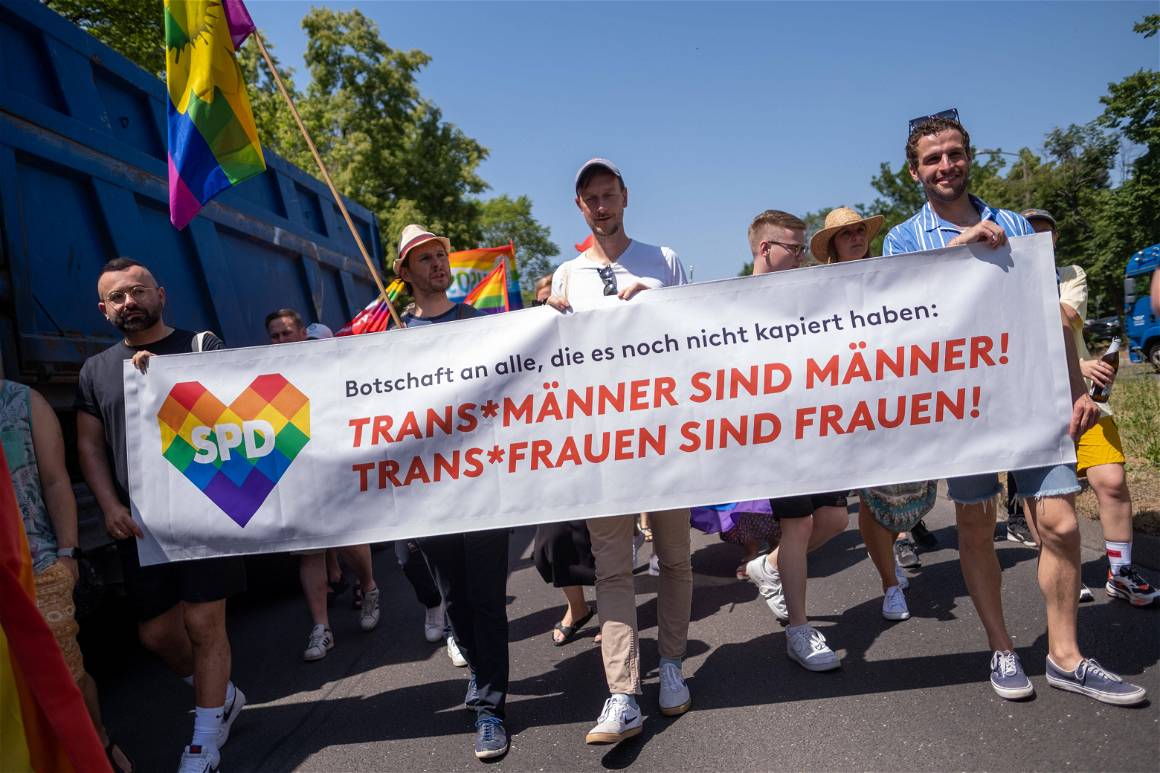
Around six million Russian-speaking people live in Germany. The Berlin district of Marzahn has a large Russian diaspora. Marzahn even has its own pride parade organised by Quarteera.
“We do a lot of visibility work through organising our own migrant pride parade in the Russian-speaking district of Berlin, Marzahn,” Said Shaytanova. The parade that took place on June 18 this year is the biggest annual event of Quarteera’s calendar. However, they are also taking part in Berlin’s main pride parade Christopher Street Day – CSD – on July 23.
Shaytanova explained that one of Quarteera’s objectives is to educate the non-queer Russian-speaking people living in Germany about queer topics, to raise their awareness about LGBTQI issues and to dismantle stereotypes.
“There are many of our ex-compatriots living in Germany still holding very conservative views, or views affected by Russian propaganda. So, one of the goals of the organisation is civic education in this field. Also, we work with civil societies to support queer organisations in our home countries and represent what’s happening there in the German media and discourses.”
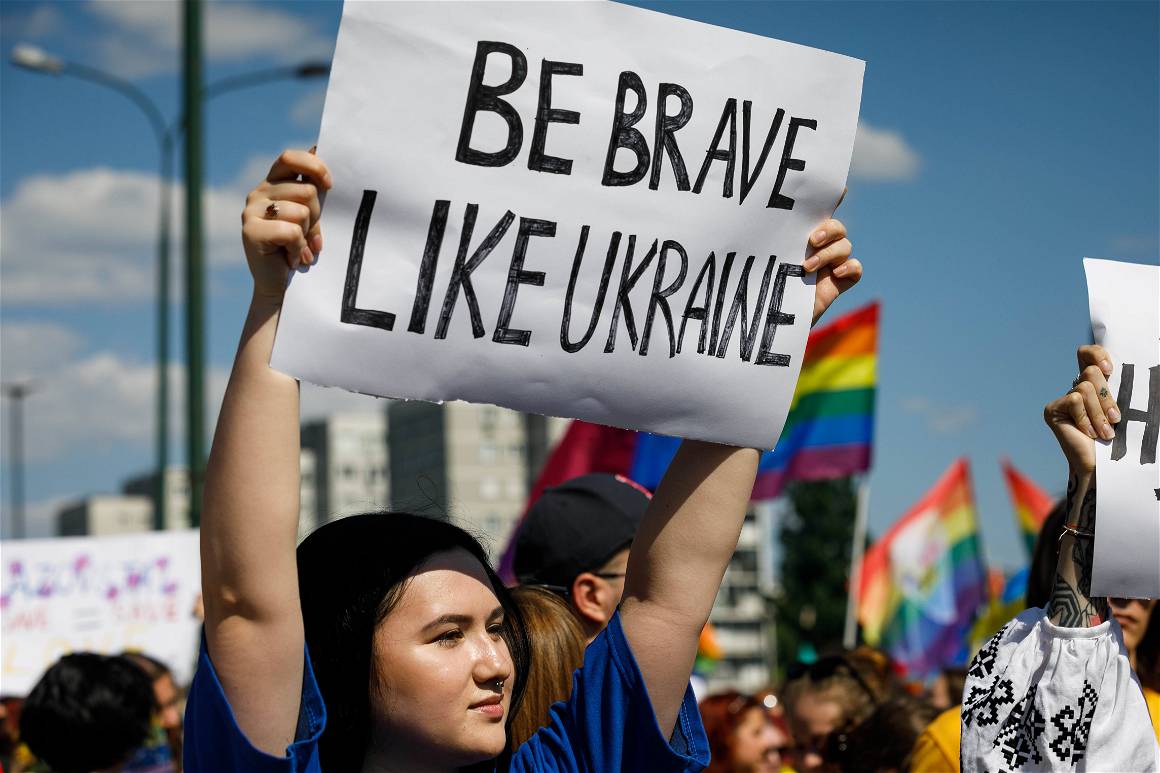
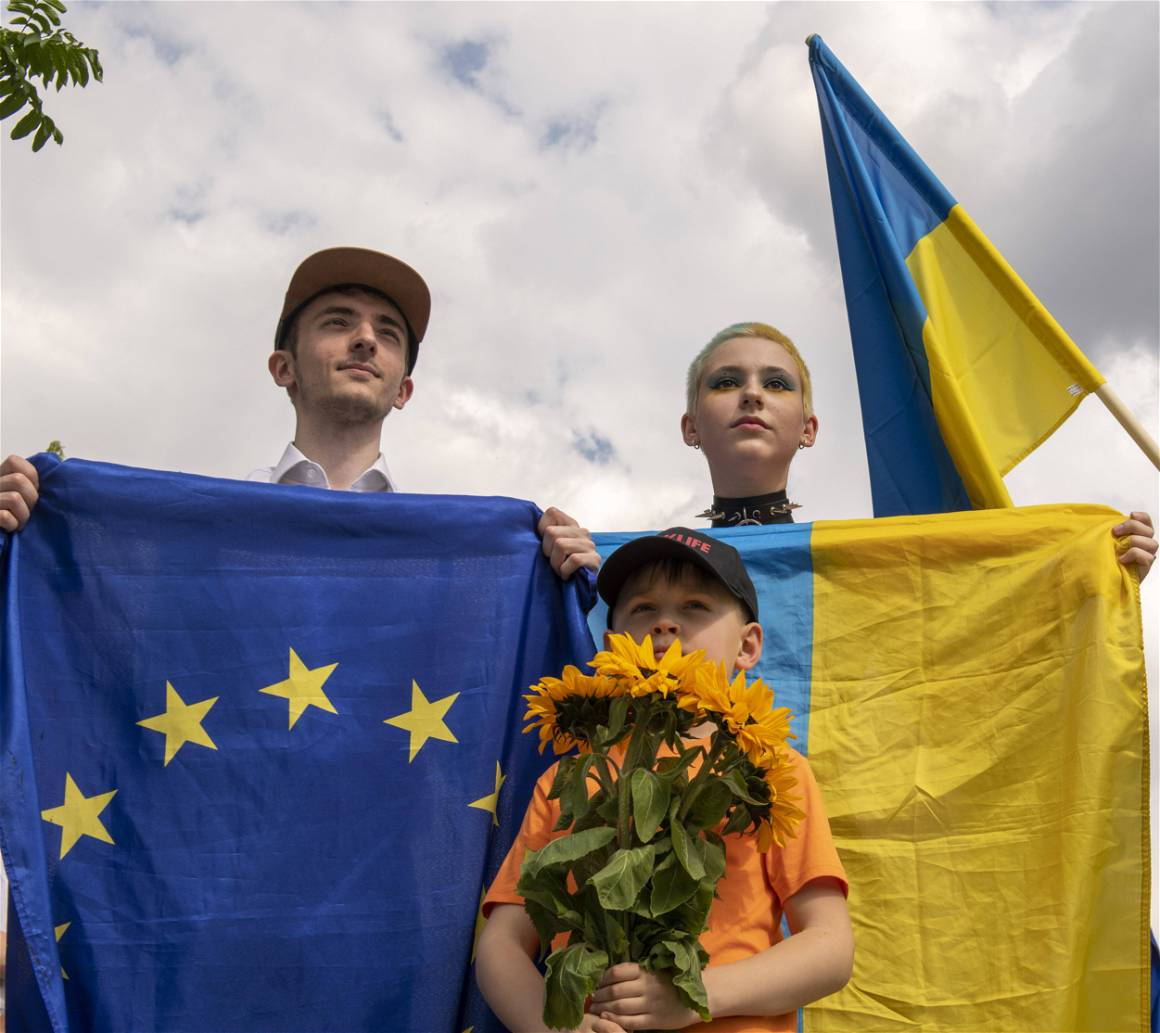
Quarteera’s previous work with refugees has helped them deal with the current situation. “We already knew what’s coming towards us,” said Shaytanova, “But the amount of work is nothing in comparison to what we’ve ever experienced. There’s a huge wave of refugees and we are still a volunteer-based organisation. Until recently we had no employees.”
Aside from potential difficulties in leaving Ukraine, and homophobia and prejudice along the way, LGBTQI people can face even more difficulties.
“With queer refugees the thing is that they are not willing to leave Berlin or to go outside big cities because there are fewer communities and non-existent Russian-speaking or Ukrainian-speaking queer structures. Here in Berlin, or in other big cities with developed structures, they have communities where they can come for help.”
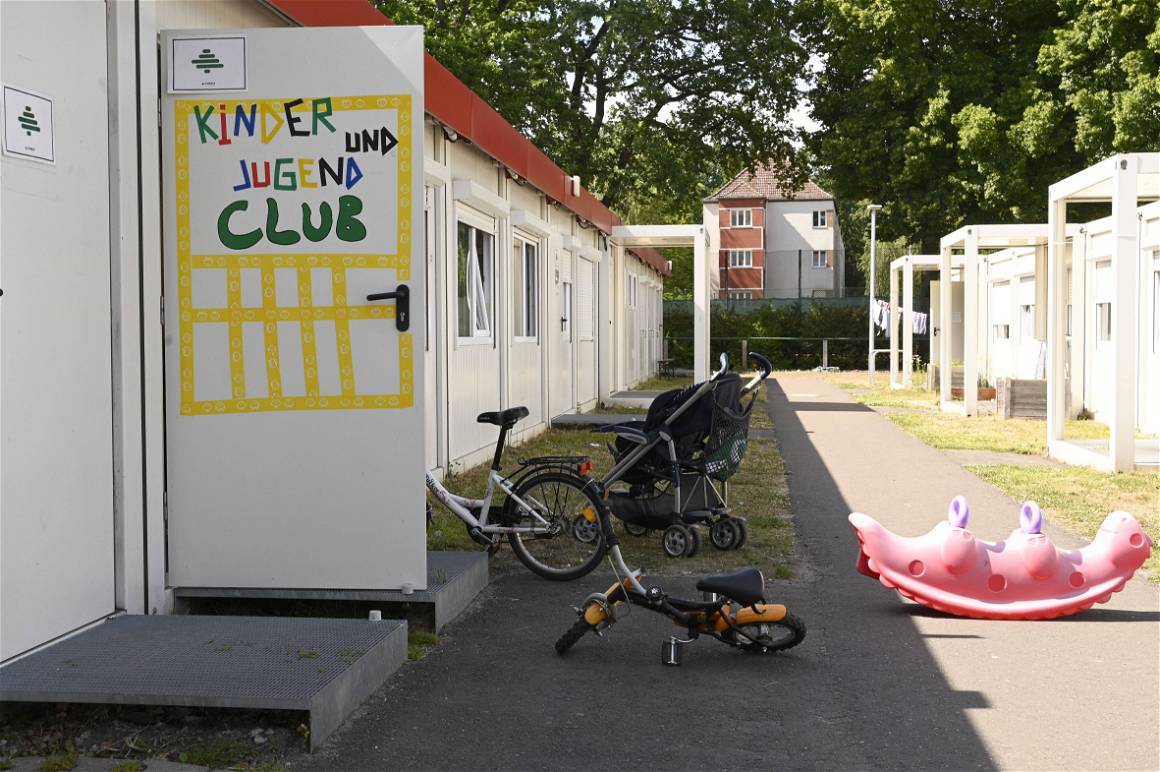
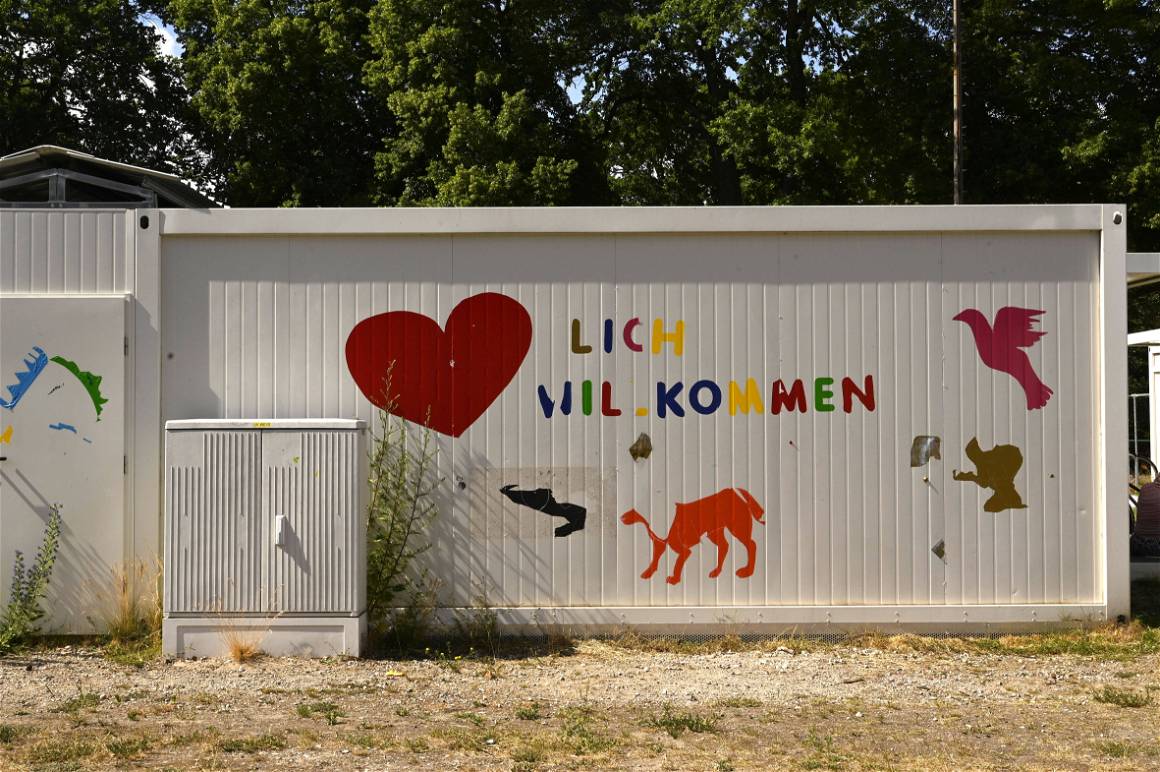
Section 24 of the Residence Act (Aufenthaltsgesetz) provides Ukrainian nationals a simpler route to protections and rights in Germany. It also applies to non-Ukrainian nationals who’ve been living in Ukraine, providing that they are unable to return safely to their country of origin. It may be the case that LGBTQI refugees face a threat of persecution on returning to their country of origin, but this is difficult for them to prove.
In general, organisations such as Black Foreigners in Ukraine have highlighted how non-Ukrainian citizens who lived in Ukraine have encountered widespread problems trying to resettle.
Queer Refugees Deutschland connects, supports and advises LGBTQI refugees and organisations working with them. It’s a project by LSVD: the largest non-governmental LGBTQI rights organisation in Germany. Queer Refugees Deutschland reports that some foreigners’ authorities (Ausländerbehörde) in Germany urged non-Ukrainian LGBTQI people who had lived in Ukraine to file a conventional application for asylum. This is a problem as the conventional asylum procedure does not afford important rights such as the right to work or find private accommodation.
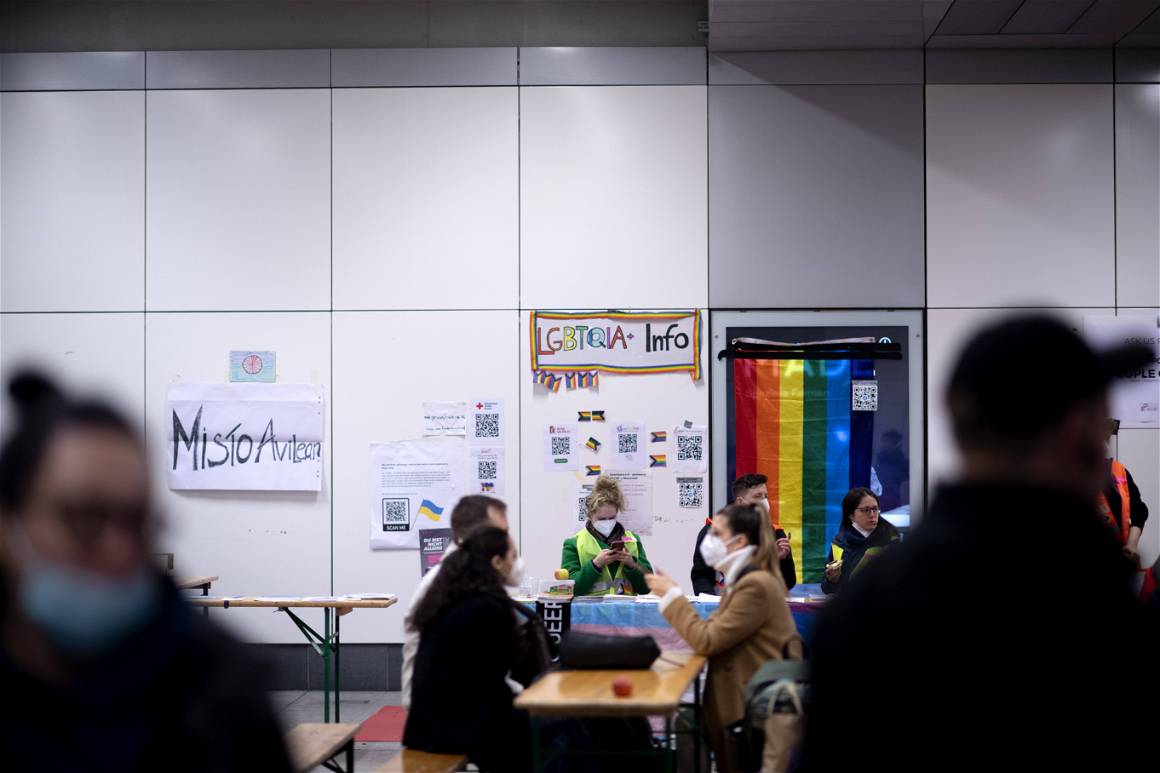
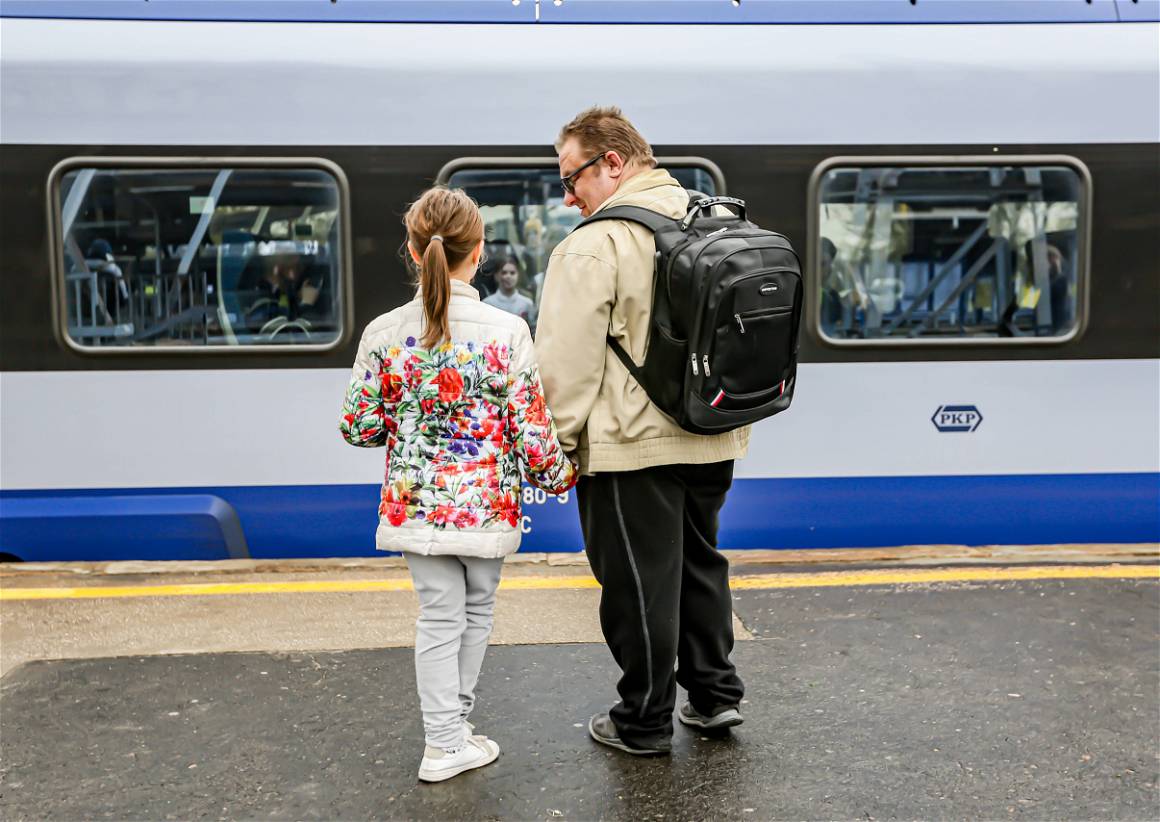
Quarteera has been helping LGBTQI refugees as best they can, but it is difficult as a volunteer organisation. “Although the effort that society put into helping out was huge,” Said Shaytanova, “It’s still volunteer resources. It means that they are not stable, and they are not professional. And working with refugees is a very sensitive subject.”
“Eventually, through donations,” continued Shaytanova, “We managed to hire people to make the work more professional. Now we have social workers, since April, as well as people who do student jobs in the legal counsel department. It’s already a huge help.”
Shaytanova pointed out that unfortunately, resources are starting to dwindle. “The donations have stopped coming in the same way that they were coming in the beginning,” said Shaytanova. “Very few donations come now, mostly through fundraising events and solidarity events from other organisations. Also, volunteer resources aren’t there anymore.”
However, Shaytanova is grateful for the work so many volunteers have already done. “Volunteers burn out. It’s not OK to expect that they would do the same work, to do as much work as they did for a longer period of time. It’s already remarkable the work they’ve done.”
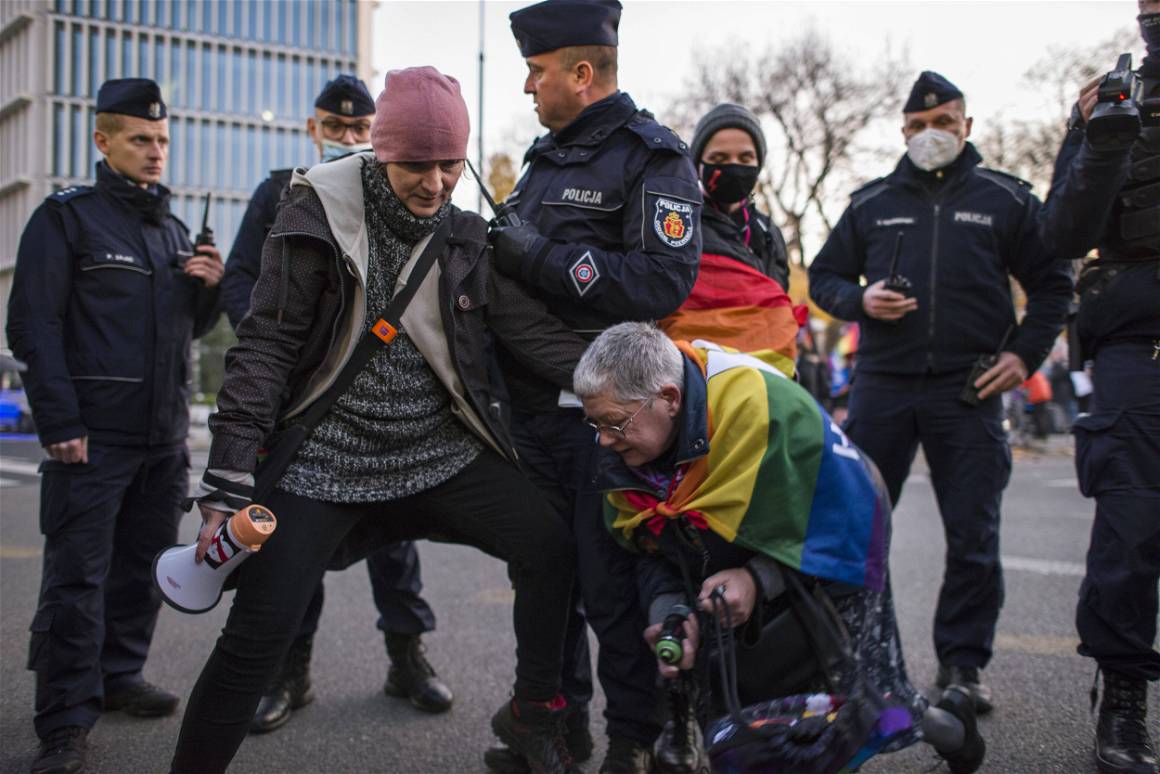
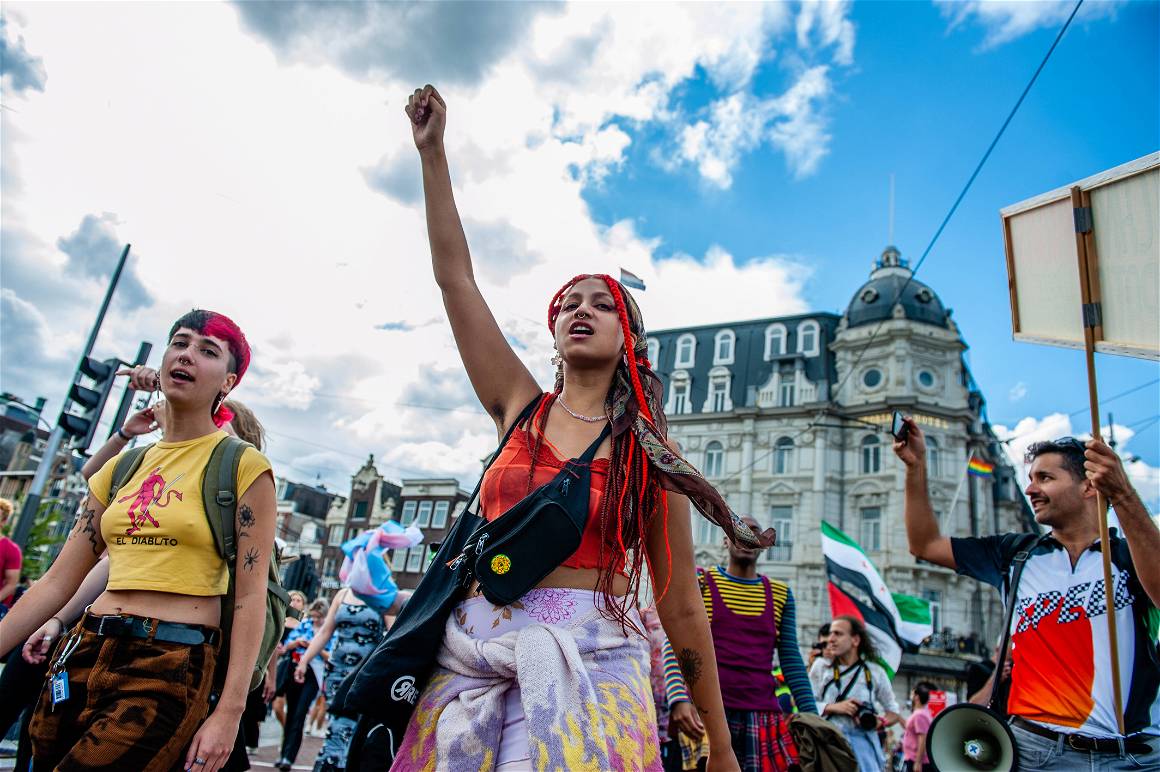
Homophobia in Russia might be harder to escape as a result of current political polarisation. “It has become more difficult for every Russian citizen,” said Shaytanova. “Most visas are not being issued as far as I know. Those that had visas before can still travel, but then travelling in itself is much more complicated right now there are no direct connections so they have to travel though other countries, through neutral countries so to say, which makes it more expensive.”
“The biggest issue from what I’ve heard from people are all the sanctions on the banking system,” Shaytanova continued, “Because even if they want to, they can’t leave. Sometimes they don’t know how to pay for the ticket, how to pay for any other expenses because Russian cards don’t work in Europe. They don’t work for online payments if it’s not a Russian paying system. Euros and dollars are not being sold in Russia. If you had savings in your account, you can only withdraw them with prior application to withdraw money and then not more than 2000 Euros.”
Shaytanova explained that even with a visa, foreign payments have become a problem. “Even if people do remote work, for example for Russian companies, and have visa they could leave but then it’s very unclear then how they get their payment. A lot of complications: it’s not as easy, and it’s not cheap. The different laws are restricting the work of NGOs. People who need to leave the country right now, they don’t have the means to.”
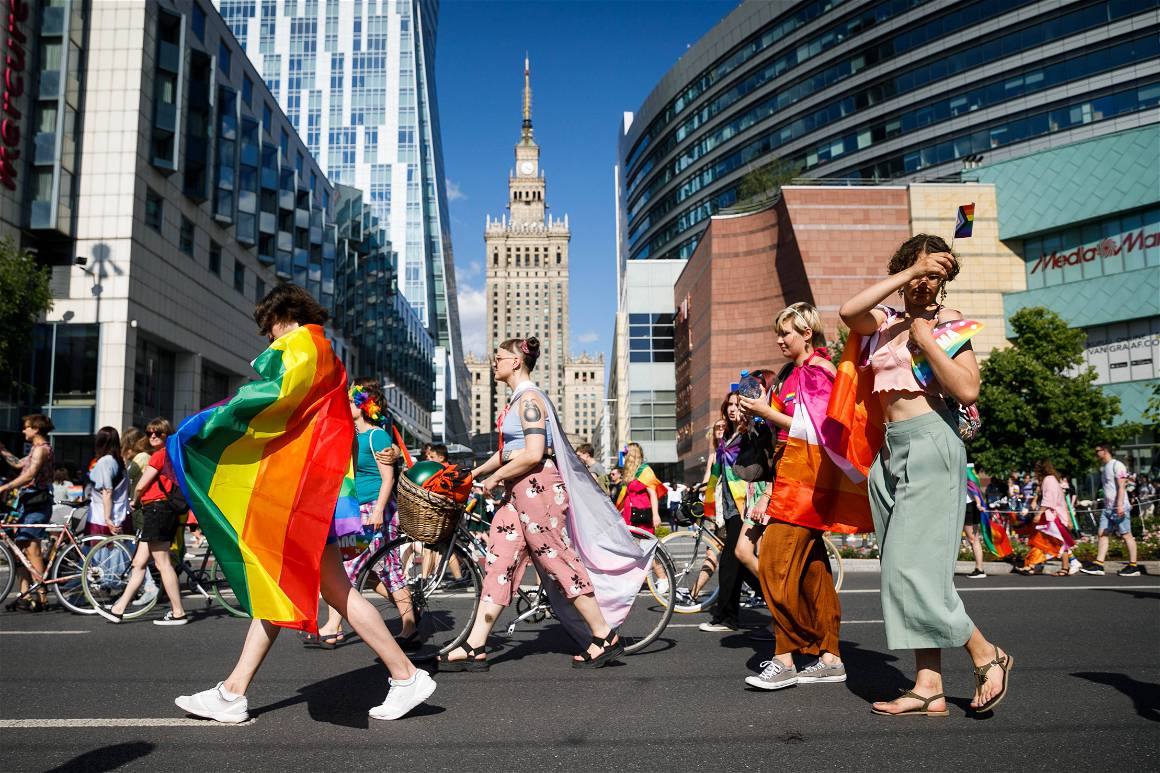
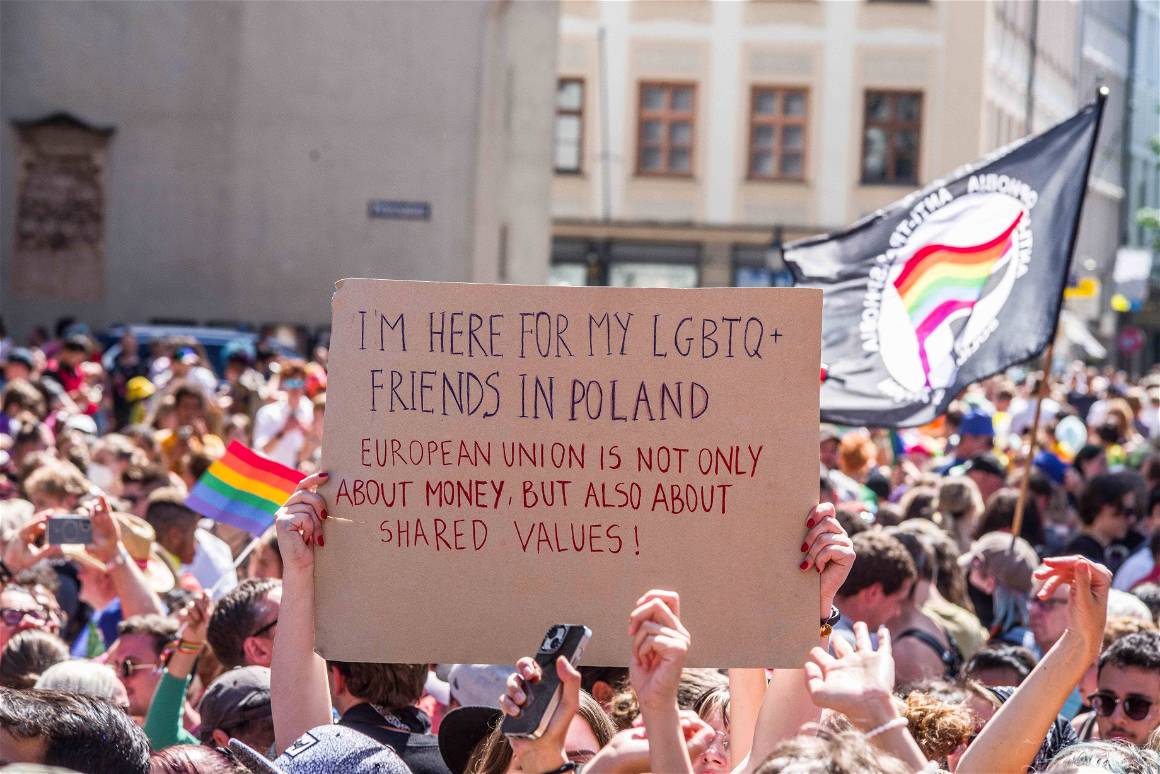
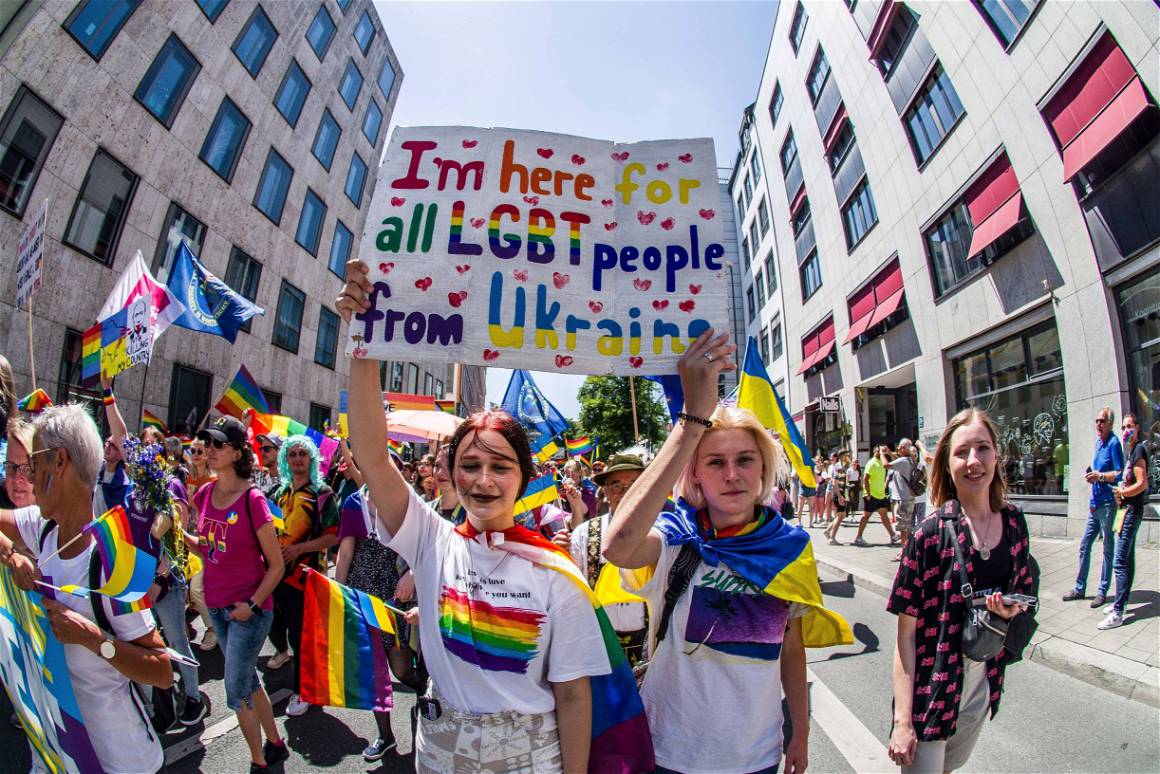
“Russia is not the only homophobic country in Europe. There are also countries in the European Union that are very homophobic and anti-women’s rights which are now showing a lot of support to Ukraine, but at the same time introducing homophobic laws and anti-women’s rights laws. I think European society should be aware of it. Because when we only demonise homophobia in Russia, sometimes it’s easy for German society, European society, not to notice what’s happening at our own doorstep.”
As for the situation in Russia, Aleksandr Voronov, CEO of Coming Out paints are mixed picture of his forecast for the future of St Petersburg’s LGBTQI community.
“I don’t think the situation can improve in the next few years. But for the last few years we did a lot to make lives LGBT people in Russia better. Our goal nowadays is to stop it to becoming worse.”
